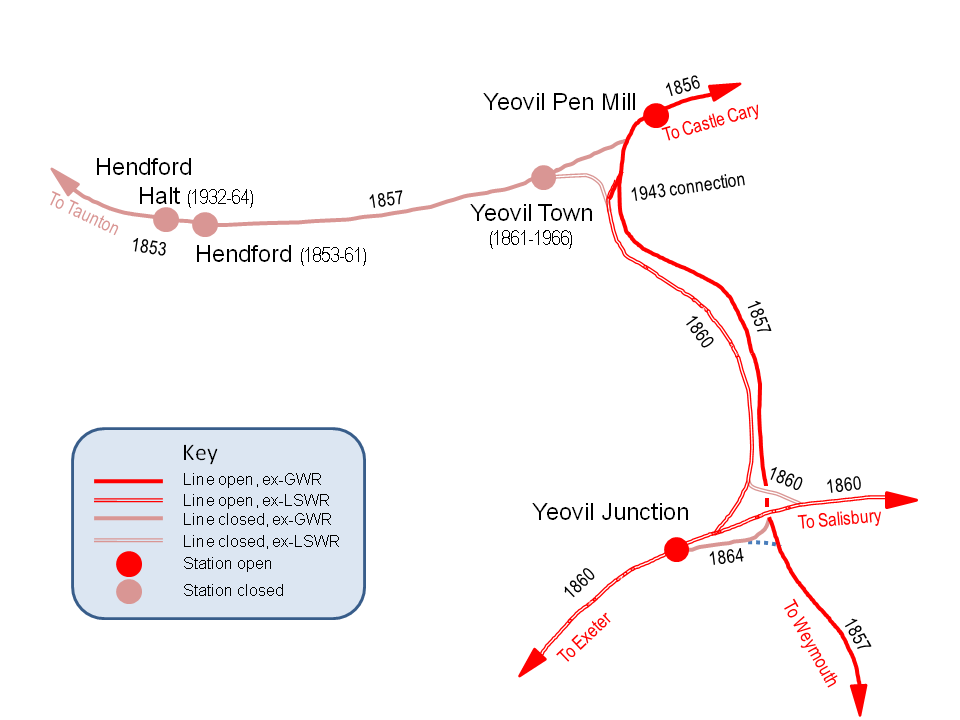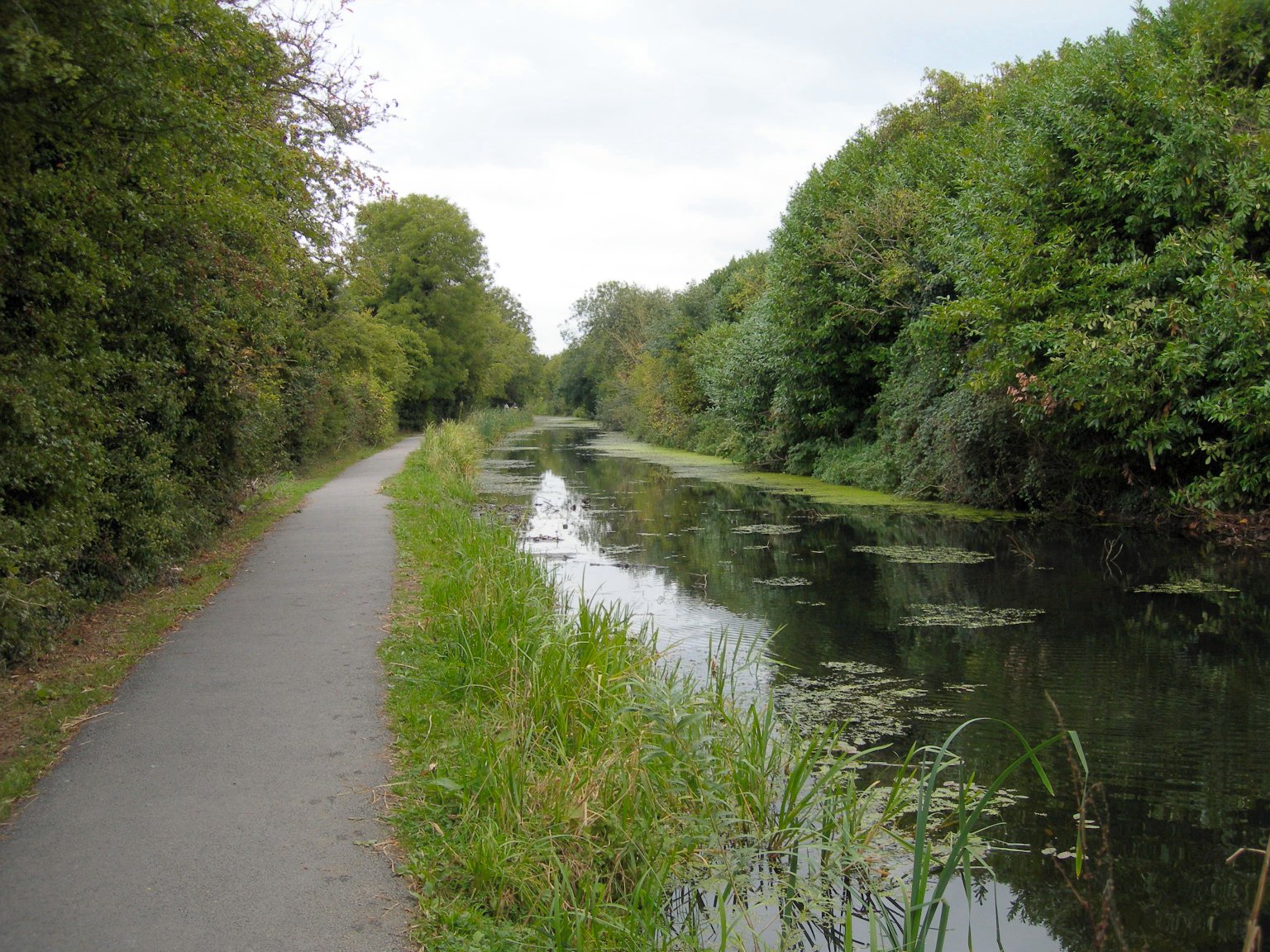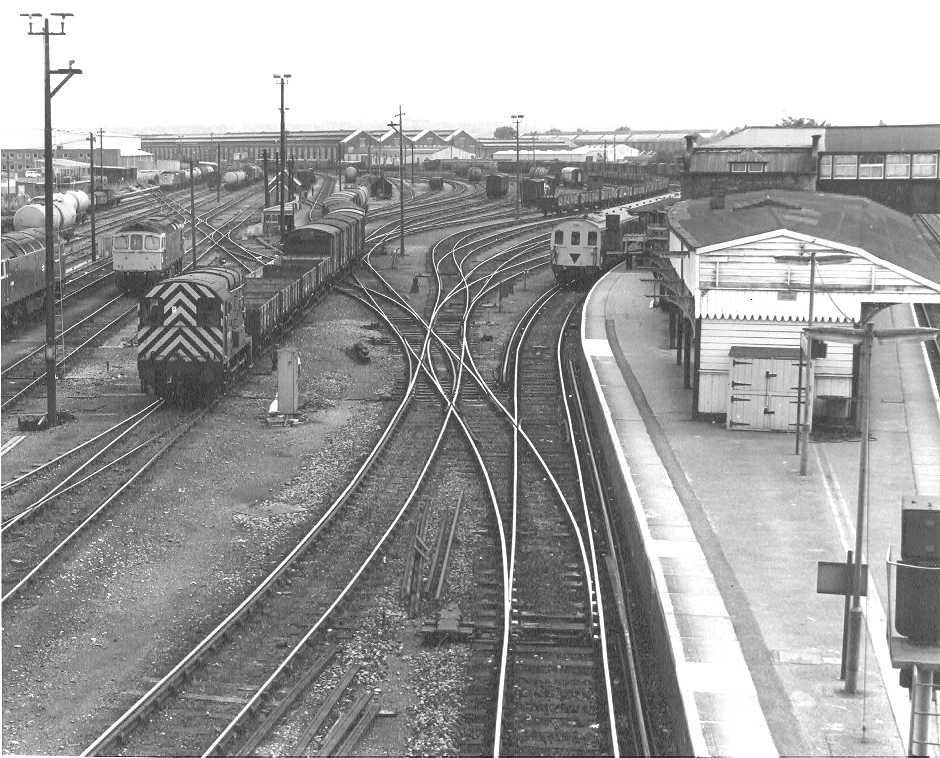|
Sherborne Town FC
Sherborne Town Football Club are a football club based in the town of Sherborne, Dorset, England. They are currently members of the and play at Raleigh Grove. The club is affiliated to the Dorset County Football Association and is a FA chartered Standard club. History The club was founded in 1894 and played their matches at Marston Road.Sherborne Town Football Club Western Football League Just before the Second World War the club moved to the Terrace playing fields. The club then moved grounds again in 1985 to their present home of Raleigh Grove, referencing Sir 's historical connection with the town. In 1962, they joined the [...More Info...] [...Related Items...] OR: [Wikipedia] [Google] [Baidu] |
Sherborne
Sherborne is a market town and civil parish in north west Dorset, in South West England. It is sited on the River Yeo, on the edge of the Blackmore Vale, east of Yeovil. The parish includes the hamlets of Nether Coombe and Lower Clatcombe. The A30 road, which connects London to Penzance, runs through the town. In the 2011 census the population of Sherborne parish and the two electoral wards was 9,523. 28.7% of the population is aged 65 or older. Sherborne's historic buildings include Sherborne Abbey, its manor house, independent schools, and two castles: the ruins of a 12th-century fortified palace and the 16th-century mansion known as Sherborne Castle built by Sir Walter Raleigh. Much of the old town, including the abbey and many medieval and Georgian buildings, is built from distinctive ochre-coloured ham stone. The town is served by Sherborne railway station. Toponymy The town was named ''scir burne'' by the Saxon inhabitants, a name meaning "clear stream", after ... [...More Info...] [...Related Items...] OR: [Wikipedia] [Google] [Baidu] |
Dorset Premier League
The Dorset Premier Football League is a football league based in Dorset, England, which sits at Step 7 of the National League System, or level 11 of the overall English football league system. History The league was formed in 1957 under the name Dorset Football Combination League when a number of senior clubs within the county became disillusioned at being dictated to by junior and minor clubs. The objective of the league on its formation was to increase the standard of football and competition throughout Dorset and neighbouring counties, an ideal that still holds today. In 1991 the Dorset Football Combination League accepted an invitation to become a feeder to the Wessex League, thus giving its member clubs the opportunity to progress through the National League System. The league has now been placed at the Regional Feeder League level of the National League System, standing parallel to the Hampshire Premier League. Clubs promoting from the DPL usually join the 2nd level of ... [...More Info...] [...Related Items...] OR: [Wikipedia] [Google] [Baidu] |
1894 Establishments In England
Events January–March * January 4 – A military alliance is established between the French Third Republic and the Russian Empire. * January 7 – William Kennedy Dickson receives a patent for motion picture film in the United States. * January 9 – New England Telephone and Telegraph installs the first battery-operated telephone switchboard, in Lexington, Massachusetts. * February 12 ** French anarchist Émile Henry sets off a bomb in a Paris café, killing one person and wounding twenty. ** The barque ''Elisabeth Rickmers'' of Bremerhaven is wrecked at Haurvig, Denmark, but all crew and passengers are saved. * February 15 ** In Korea, peasant unrest erupts in the Donghak Peasant Revolution, a massive revolt of followers of the Donghak movement. Both China and Japan send military forces, claiming to come to the ruling Joseon dynasty government's aid. ** At 04:51 GMT, French anarchist Martial Bourdin dies of an accidental detonation of his own bomb, n ... [...More Info...] [...Related Items...] OR: [Wikipedia] [Google] [Baidu] |
Football Clubs In Dorset
Football is a family of team sports that involve, to varying degrees, kicking a ball to score a goal. Unqualified, the word ''football'' normally means the form of football that is the most popular where the word is used. Sports commonly called ''football'' include association football (known as ''soccer'' in North America and Australia); gridiron football (specifically American football or Canadian football); Australian rules football; rugby union and rugby league; and Gaelic football. These various forms of football share to varying extent common origins and are known as "football codes". There are a number of references to traditional, ancient, or prehistoric ball games played in many different parts of the world. Contemporary codes of football can be traced back to the codification of these games at English public schools during the 19th century. The expansion and cultural influence of the British Empire allowed these rules of football to spread to areas of British inf ... [...More Info...] [...Related Items...] OR: [Wikipedia] [Google] [Baidu] |
Chris Giles
Chris Giles (born 16 April 1982 in Wales) is a former Welsh footballer, who was most recently acting first team coach at Yeovil Town. He played predominantly as a defender, but could also play as a striker. Playing career Yeovil Town Giles began his career with Yeovil Town, as youth team top goalscorer and Player of the Year. In his time there, they won the FA Trophy and then promotion to the Football League in 2002–03. The following season, he only played one league game for the club before being loaned out to Woking. He was allowed to leave the club in March of the 2003–04 season. Aldershot Town After leaving Yeovil, Giles soon joined Aldershot Town. During his two years there, he helped them to reach the Play-off Final and Play-off Semi-final of the Conference. Crawley Town After a two-year stint with Aldershot, he then signed for Crawley Town in 2005, signing a two-year contract with the club. After helping them fight off relegation, he left at the beginning of h ... [...More Info...] [...Related Items...] OR: [Wikipedia] [Google] [Baidu] |
Yeovil Town F
Yeovil ( ) is a town and civil parish in the district of South Somerset, England. The population of Yeovil at the last census (2011) was 45,784. More recent estimates show a population of 48,564. It is close to Somerset's southern border with Dorset, from London, south of Bristol, from Sherborne and from Taunton. The aircraft and defence industries which developed in the 20th century made it a target for bombing in the Second World War; they are still major employers. Yeovil Country Park, which includes Ninesprings, is one of several open spaces with educational, cultural and sporting facilities. Religious sites include the 14th-century Church of St John the Baptist. The town is on the A30 and A37 roads and has two railway stations. History Archaeological surveys have yielded Palaeolithic burial and settlement sites mainly to the south of the modern town, particularly in Hendford, where a Bronze Age golden torc (twisted collar) was found. Yeovil is on the main Roman ro ... [...More Info...] [...Related Items...] OR: [Wikipedia] [Google] [Baidu] |
Swindon Town F
Swindon () is a town and unitary authority with borough status in Wiltshire, England. As of the 2021 Census, the population of Swindon was 201,669, making it the largest town in the county. The Swindon unitary authority area had a population of 233,410 as of 2021. Located in South West England, the town lies between Bristol, 35 miles (56 kilometres) to its west, and Reading, equidistant to its east. Recorded in the 1086 Domesday Book as ''Suindune'', it was a small market town until the mid-19th century, when it was selected as the principal site for the Great Western Railway's repair and maintenance works, leading to a marked increase in its population. The new town constructed for the railway workers produced forward-looking amenities such as the UK’s first lending library and a ‘cradle-to-grave' health care centre that was later used as a blueprint for the NHS. After the Second World War, the town expanded dramatically again, as industry and people moved out from L ... [...More Info...] [...Related Items...] OR: [Wikipedia] [Google] [Baidu] |
Torquay United F
Torquay ( ) is a seaside town in Devon, England, part of the unitary authority area of Torbay. It lies south of the county town of Exeter and east-north-east of Plymouth, on the north of Tor Bay, adjoining the neighbouring town of Paignton on the west of the bay and across from the fishing port of Brixham. The town's economy, like Brixham's, was initially based upon fishing and agriculture, but in the early 19th century it began to develop into a fashionable seaside resort. Later, as the town's fame spread, it was popular with Victorian society. Renowned for its mild climate, the town earned the nickname the English Riviera. The writer Agatha Christie was born in the town and lived at Ashfield in Torquay during her early years. There is an "Agatha Christie Mile", a tour with plaques dedicated to her life and work. The poet Elizabeth Barrett Browning lived in the town from 1837 to 1841 on the recommendation of her doctor in an attempt to cure her of a disease which ... [...More Info...] [...Related Items...] OR: [Wikipedia] [Google] [Baidu] |
Plymouth Argyle F
Plymouth () is a port city and unitary authority in South West England. It is located on the south coast of Devon, approximately south-west of Exeter and south-west of London. It is bordered by Cornwall to the west and south-west. Plymouth's early history extends to the Bronze Age when a first settlement emerged at Mount Batten. This settlement continued as a trading post for the Roman Empire, until it was surpassed by the more prosperous village of Sutton founded in the ninth century, now called Plymouth. In 1588, an English fleet based in Plymouth intercepted and defeated the Spanish Armada. In 1620, the Pilgrim Fathers departed Plymouth for the New World and established Plymouth Colony, the second English settlement in what is now the United States of America. During the English Civil War, the town was held by the Parliamentarians and was besieged between 1642 and 1646. Throughout the Industrial Revolution, Plymouth grew as a commercial shipping port, handling ... [...More Info...] [...Related Items...] OR: [Wikipedia] [Google] [Baidu] |
Matthew Le Tissier
Matthew Paul Le Tissier (; born 14 October 1968) is a former professional footballer. Born in Guernsey, he won eight caps for the England national team. Le Tissier spent his entire professional club career with Southampton before turning to non-League football in 2002; his loyalty garnered special affection from Southampton's fans who nicknamed him "Le God". A creative attacking midfielder with exceptional technical skills, Le Tissier is the second-highest ever scorer for Southampton behind Mick Channon and was voted PFA Young Player of the Year in 1990. He was the first midfielder to score 100 goals in the Premier League. He is notable for his record at scoring penalty kicks – converting from the spot 47 times from 48 attempts – and is considered one of the greatest ever from the 12-yard spot. Following his retirement as a player, Le Tissier became a football pundit, and worked as a panellist on the Sky Sports show ''Soccer Saturday'' until August 2020. In 2011, he b ... [...More Info...] [...Related Items...] OR: [Wikipedia] [Google] [Baidu] |
Eastleigh F
Eastleigh is a town in Hampshire, England, between Southampton and Winchester. It is the largest town and the administrative seat of the Borough of Eastleigh, with a population of 24,011 at the 2011 census. The town lies on the River Itchen, one of England's premier chalk streams for fly fishing, and a designated site of Special Scientific Interest. The area was originally villages until the 19th century, when Eastleigh was developed as a railway town by the London and South-Western Railway. History The modern town of Eastleigh lies on the old Roman road, built in A.D.79 between Winchester ''( Venta Belgarum)'' and Bitterne ''(Clausentum)''. Nicola Gosling: 1986, Page 4 Roman remains discovered in the Eastleigh area, including a Roman lead coffin excavated in 1908, indicate that a settlement probably existed here in Roman times. A Saxon village called 'East Leah' has been recorded to have existed since 932 AD. ('Leah' is an ancient Anglo-Saxon word meaning 'a cle ... [...More Info...] [...Related Items...] OR: [Wikipedia] [Google] [Baidu] |
Liskeard Athletic F
Liskeard ( ; kw, Lyskerrys) is a small ancient stannary and market town in south-east Cornwall, South West England. It is situated approximately 20 miles (32 km) west of Plymouth, west of the Devon border, and 12 miles (20 km) east of Bodmin. The Bodmin Moor lies to the north-west of the town. The total population of the town at the 2011 census was 11,366 History The Cornish place name element ''Lis'', along with ancient privileges accorded the town, indicates that the settlement was once a high status 'court'. King Dungarth whose cross is a few miles north near St Cleer is thought to be a descendant of the early 8th century king Gerren of Dumnonia and is said to have held his court in Liskeard (''Lis-Cerruyt''). Liskeard (Liscarret) was at the time of the Domesday Survey an important manor with a mill rendering 12d. yearly and a market rendering 4s. William the Conqueror gave it to Robert, Count of Mortain by whom it was held in demesne. Ever since that ti ... [...More Info...] [...Related Items...] OR: [Wikipedia] [Google] [Baidu] |








